Stories & galleries
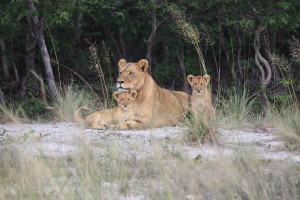
First photos of Liuwa’s lion cubs
Liuwa’s Park Manager has captured the first clear images of the three lion cubs, born four months ago in Liuwa National Park.
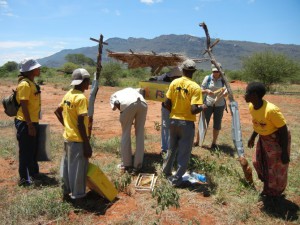
To bee or not to bee
Farmers along the perimeter of Serengeti National Park have tried various elephant-deterring techniques, from beating tin cans to lighting fires, most of which haven’t appeared to work. But now there are beehive fences which appear to be doing the job!
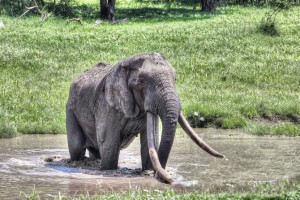
Biggest tusker elephant in Southern Africa dies
It is with deep sadness and regret that Tembe Elephant Park has announced the death of Isilo the elephant. Isilo was the king of the elephants and wildlife in the Tembe Transfrontier Park on the South Africa/Mozambique Border and was known as the biggest “tusker” in Southern Africa.
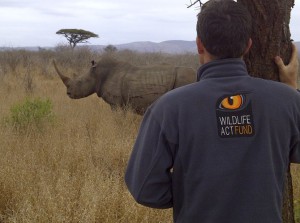
Rhino horn – To trade or not to trade: Does it really matter?
The rhino horn trade is being punted as an option with ‘if it pays it stays’ philosophy. The counter argument being that we don’t understand the market, making it difficult to play with. Each a compelling argument in its own right, however are we are dividing our forces, our efforts and the rhino population while we debate the issue?
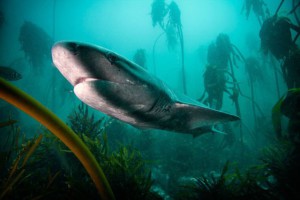
Diving with dinosaurs
We go diving with cow sharks; a shark with very few modern adaptations that makes them one of the closest links we have to dinosaurs.
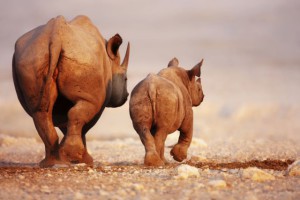
Rhino horn – Will supporters of trade make their case?
Organisers of a key conference about rhino conservation and introducing a legal trade in rhino horn claim that advocates of trade are threatening to boycott the conference because their point of view will not be represented.
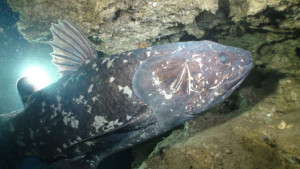
Satellite tag could reveal more about mysterious coelacanths
For the very first time detailed data about iSimangaliso’s coelacanths has been collected via a satellite tag.
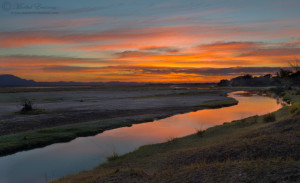
The Lower Zambezi beneath a copper sky
An Australian company’s scheme to mine copper in one of Zambia’s most pristine national parks.
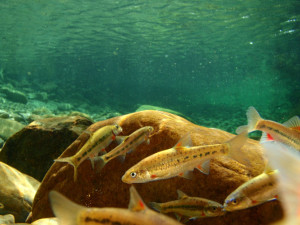
Fight for the fynbos fish
Learn about the redfin minnow, the most widespread group of freshwater fishes in the Cape Floristic Region, and find out why these fish face a serious risk of extinction.
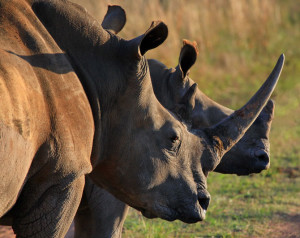
Rhinos: It’s time for Plan B
We do not get a second chance if we get the economics of rhino trading wrong; all the rhino in the wild will be gone. It is time for a Plan B.
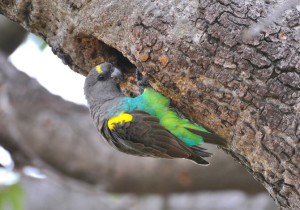
Parrots and people
The lives of parrots and people have been intimately entwined for centuries, if not millennia. Given the familiarity of many of us with some of Africa’s parrots it may come as a surprise that we still know so little about their lives in the wild.
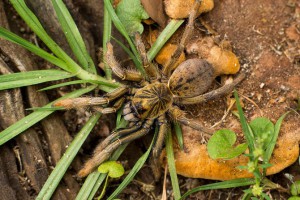
Baboon spiders: hairy monsters or furry friends?
Baboon spiders are placid, enigmatic animals that would rather keep to themselves than risk an encounter with human beings. And believe it or not, there are people who are fascinated by them…






